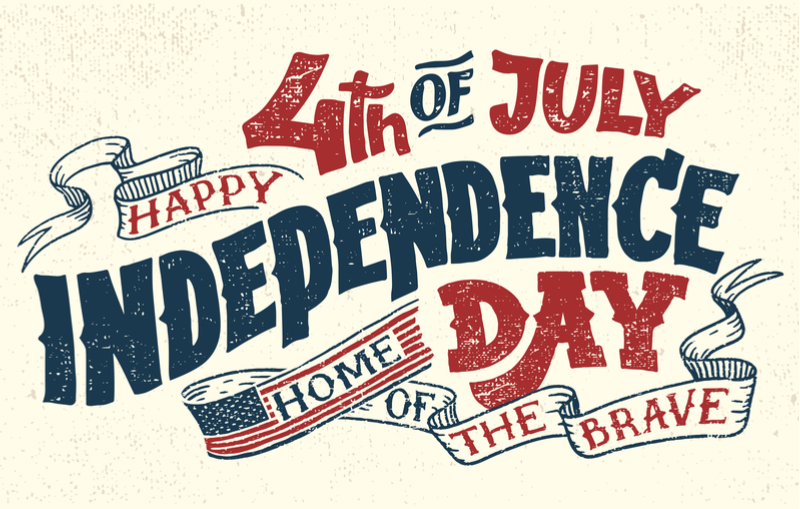
During this week in 1776, John Adams wrote to his wife Abigail that “the greatest Question was decided, which ever was debated in America, and a greater perhaps, never was or will be decided among Men.” Tomorrow we will celebrate the outcome of that Question with patriotic programs, parades, and fireworks. It’s also a day to remember and honor the men and women who fought for and even died “to maintain this Declaration, and support and defend these States.”
In the weeks leading up to our nation’s birthday, I’ve spent a lot of time thinking about our First Amendment to the Constitution:
Congress shall make no law respecting an establishment of religion, or prohibiting the free exercise thereof; or abridging the freedom of speech, or of the press, or the right of the people peaceably to assemble, and to petition the Government for a redress of grievances.
Even though this amendment guarantees these rights, our ability to exercise them doesn’t come without risk. The attack last week at the Capital Gazette represents a prime example of journalists targeted with violence for doing their job, a job protected by our Bill of Rights.
It leads me to ask, as we celebrate our great country, how did we become a society that defaults to physical intimidation when we disagree? Even our Founding Fathers “Petitioned for Redress in the most humble terms” before they resorted to fighting for their independence. In comparison, look at how quickly comments online spiral from dislike, to hate, to threats.
I won’t repeat the call for greater civility or suggest we need to disagree without being disagreeable. In some ways, both are beside the point.
Exercising our rights must come with accountability. As Mr. Adams went on to note in his letter to Abigail, “I am well aware of the Toil and Blood and Treasure, that it will cost Us to Maintain this Declaration, and support and defend these States.” So, we should challenge ideas we dislike. We should stand up for our principles. But we must never fall into the trap of believing it’s acceptable to threaten others with violence or act on those threats because of what someone says or writes.
Of course, we have the right to defend our lives and the lives of others. We do not, however, have the right to harm individuals who say or do things we dislike. It’s also one of the least effective ways to undermine ideas when we disagree.
Just consider the beliefs, both good and evil, that live on despite the violence done to their supporters. Even ideas that reflect the worst of humanity will continue to find a willing audience unless we counter them with a more powerful alternative, like the great vision presented and supported by the signers of our Declaration.
My challenge to you: focus on the words or the actions versus the individual. Instead of calling people names, push back against the ideas they promote. Counter with a better version of the world as you see it. And when in doubt, remember George Washington’s advice: “To persevere in one’s duty, and be silent is the best answer to calumny.”
I wish you and your family a safe and Happy Fourth of July.